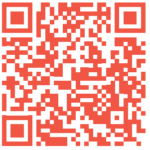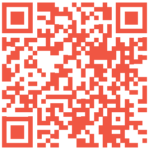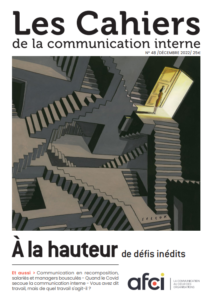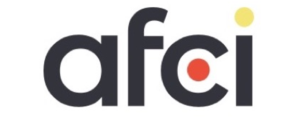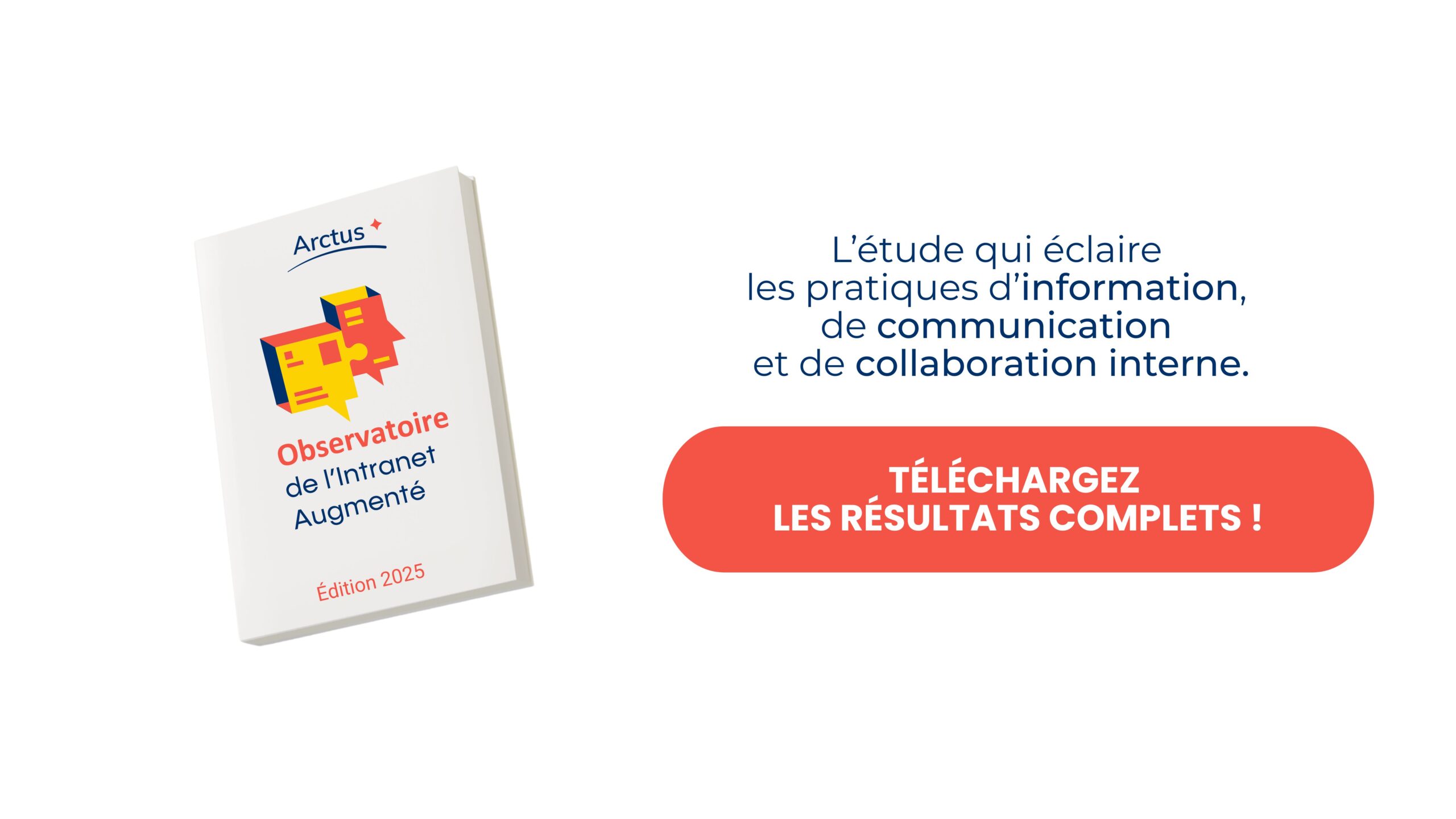TELEWORK, MANAGEMENT AND COMMUNICATION: TOWARDS A NEW WORLD?

21 December 2022

Working "face-to-face" or "remote". These expressions reflect new approaches to work and have implications that we are only beginning to realize. Physical locations are in question, as well as digital maturity, management adaptation and communication.
The findings of research of the Observatory of Hybrid Work and Digital Management of the consulting firm Arctus, as well as the Observatory of the New Normal at Work founded and directed by Aurélie Dudézert (Institut MinesTélécom Business School) (1) shed light on the subject.
![]()
This article was published in Cahiers de communication interne n°48
of the association française de communication interne (AFCI).
ADAPTING PROFESSIONAL LIVING SPACES
The new work environment questions professional living spaces and in particular offices. Two areas must evolve to support the transformation of work.
The layout of the premises is a first subject. By modulating the spaces, it is a matter of distinguishing the zones and the nature of the possible interactions: silent places, places where interaction is possible, meeting places with variations in terms of equipment to allow hybrid or immersive experiences, etc.
The second concerns the rules of use governing these places. As Aurélie Dudézert, points out, "it is necessary to set up rules for the occupation of workspaces in the same way as the number of days of teleworking is determined or the tasks that require to be done face-to-face, remotely or in hybrid mode are defined".
Moreover, as indicated by the the Observatory of Hybrid Work and Digital Management, nearly a third a third party of companies contribute to the cost of setting up a home office, supplemented by the provision of tools enabling nomadism in 2/3 of cases.
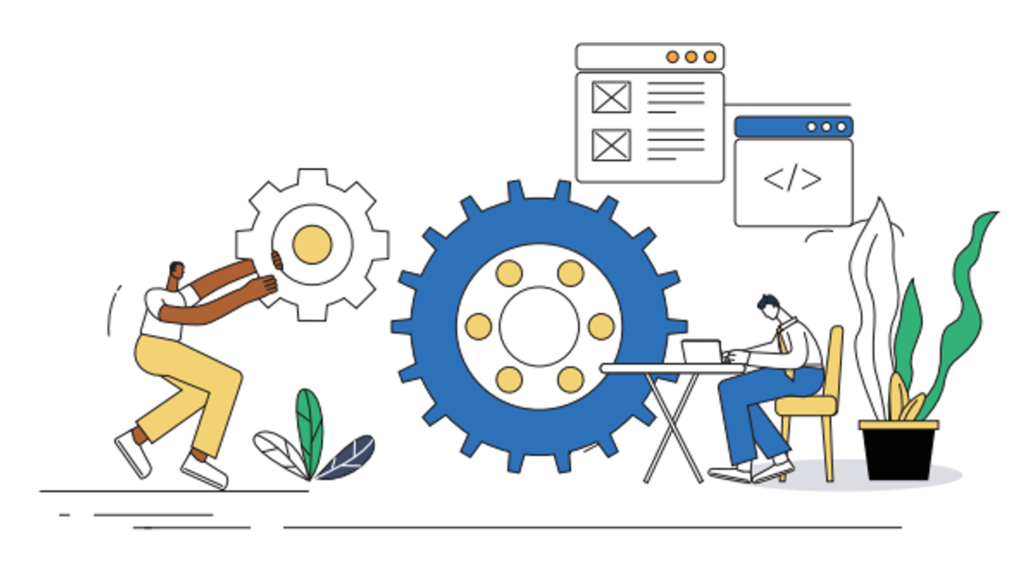
DEVELOPING THE DIGITAL MATURITY OF ALL PLAYERS
The last two years of experimentation and standardization of new ways of working have had an accelerating effect on both production and collaboration.
Two indicators clearly illustrate this: the the rate of equipment in tools allowing hybrid work and the frequency of telework agreements in companies where the jobs are "teleworkable". However, the adaptation to the use of these tools is still a problem in many teams. Another issue still remains : to connect the deskless workerswho are often forgotten, as the communication departments indicate.
This is the price to pay for teams to share a common digital experience to share a common digital experience and have a similar level of information. A necessary condition in any case to guarantee a feeling of belonging to a group.
SUPPORTING MANAGERS IN THE EVOLUTION OF THEIR PRACTICES

With the implementation of digital tools, management is accelerating its transfer, diversifying its interaction methods and becoming more complex in the way it manages relationships. Managers are going through changes that are beyong their control and and becoming in most cases acculturated to digital , according to the Observatory of Hybrid Work and Digital Management.
They now need to know to lead remote team , which is an undeniable challenge. Indeed, employees express strong expectations. Most of them see hybrid work as an opportunity to develop their autonomy. But they also expect more trust from their managers
As the Observatory of the New Normal at Workpoints out, results must be controlled, not means, and this must be done by using digital tools and formalizing actions. Managers must, first of all, make their teams more autonomous. We can see that increased autonomy must go hand in hand with trust. This is both a demand from employees and an opportunity to develop telework.
LEARNING TO COMMUNICATE IN A HYBRID WORLD
The challenges for internal communicators are numerous, even if the level of their commitment to these projects is still embryonic. Only 7% of them are mainly involved in change management linked to hybrid work, according to the Hybrid Work Observatory..
Their work consists initially of reflecting on the situations in which the different types of employees find themselves in order to adapt formats and content. In a context of atomization of situations of use, there is a multiplication of supports, more and more often multimedia and interactive. There is also an express demand for greater transparency and clarity from employees. Opacity and disguise are no longer the order of the day. There is a demand for " "truthfulness" .
In a situation of change, it is imperative to communicate actively, in line with the accelerating pace. In a situation of transformation, established points of reference are shattered and it is by sending out clear and regular messages that we can build a new way of working and federate the team around shared work methods.

TOWARDS NEW WAYS OF WORKING AND COMMUNICATING
Telework is still today most often treated as a delocalized version of on-site work, leading to frustration and disengagement..
It is essential to be aware of this in order to support managers in their practices, train train all users in the proper use of digital tools and ensure that the management of the professional space is reviewed to make the experience in the workplace more engaging.
In addition to this, there is a contextual element: the health crisis. This event has reshuffled the deck and undoubtedly shifted the lines as to the place that work now occupies in the lives of employees.
Many are looking for a better life balance and aspire to find meaning and fulfillment in their professional expression.
Internal communications, which had to manage communications related to the health crisis, will have to tackle a new task: supporting managers in communicating and appropriating new ways of working. It also has to invent new tools to make the dissemination of messages adapted to the delocalization of work and its hybridization.
To recreate links and federate, the role of internal communication is essential. Communication that is closer, more emotional at times, and always more authentic.

THE OBSERVATORY
OF NEW NORMAL AT WORK
Objective
The purpose of the Observatory is to carry out a longitudinal study (repeated observation over time of a phenomenon and/or a sample of individuals) in order to understand the transformation of organizations and work modes over time.
Methodology
Organization of 4 monthly focus groups of 1.5 hours each from January to April of each year in remote mode
A single group composed of about 20 experts selected for their experience and their ability to reflect on the evolution of work practices. These people work in various positions in HR or in functions related to the digital transformation of companies or sectors of activity and size: Air Liquide, Banque de France, BNPParibas, CHU de Poitiers, Conseil Départemental 16, DGA, FDJ, Formind, Keolis, Michelin, Neocase, SNCF, Total Energies.
- Analysis of several themes concerning the New Normal at work (NNW): telework, work rules, the collective (clans/communities), individuals' expectations.
Synthesis
Telework is not "the" work, the NNW combines several work modes
The current rules are not adapted and, when the modes of regulation of NNW are not yet invented, managers are places in a difficult situation
- Individuals aspire to make free life choices with a work style that fits their needs and aspirations. Managers are learning to deal with this new situation.
The Observatory was founded by Aurélie Dudezert and Florence Laval. It has been developed and managed with the support of the Institut Mines Télécom Business School and the IAE of Poitiers.
THE HYBRID WORK
AND DIGITAL MANAGEMENT OBSERVATORY
Objective
To measure the adaptation of organizations to the hybridization of work, through the prism of digital tools and team management, and to capture the signals that will drive change in organizations in the coming years, both from a technological and human point of view.
For this first edition, the questioning is focused on :
- Digital management (e.g.: stakes, benefits, risks, skills, key success indicators...)
- The tools of work hybridization (e.g.: devices and measures in place or to come, communication and collaboration solutions, equipment and new features...)
- The change management associated with this transformation (e.g. digital maturity, governance and leadership, organization...)
Methodology
Survey conducted with 829 respondents from 752 French companies of all sizes in the service, agri-food, industry and public service sectors, representing more than 4.5 million employees, through an online questionnaire open from February 1 to April 7, 2022.
Synthesis
Hybridization of work: an unavoidable but unfinished evolution.
- A new posture for managers is expected: autonomy and trust
- Acceleration of new practices and adoption of associated tools over the past 2 years
- Few original initiatives to support people
- General Management and the Information Systems Departement are on the front line for change management.
The Observatory of Hybrid Work and Digital Management was created by Arctus, a consulting firm specializing in internal digital transformation.
(1) Aurélie Dudézert is in charge of the IS Lab IMT BS. She qualified to direct research and has a degree from the Universities in Management of Information Systems. She studies the organizational transformations linked to the use of collaborative technologies in work practices. She is the author of scientific articles and books, a member of editorial boards of scientific journals, and a member of the Business Science Institute, an independent international institution whose objective is to develop the teaching of business executives at the doctoral level worldwide.

Founder of Arctus, Partner
Founder and director of Arctus, Isabelle is also an author and speaker. Since 2007, she has shared her perspective and sheds light on the internal transformations that organizations are going through through studies and observatories such as the Hybrid Work and Digital Management Observatory, the Intranet & Digital Working Observatory or the creativity. She is also an administrator and an active member of AFCI, the French Association of Internal Communication Professionals.
